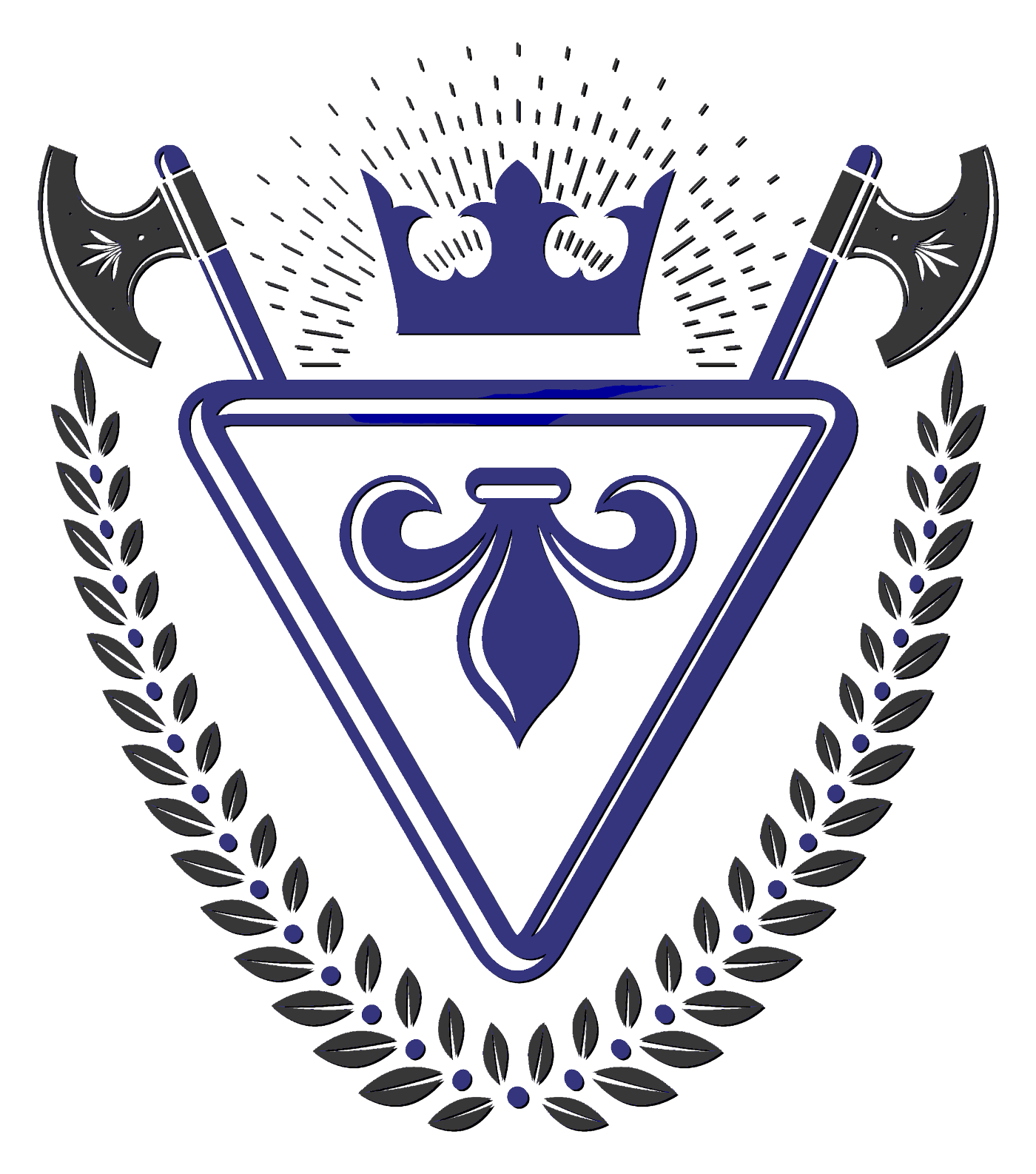sheesania wrote:
Let me raise this thread from the dead again and say that the theme of my current story is basically redemption and trust. The central moral is that we can't know or understand everything, and we can't handle everything...but we can rely on God to use our weaknesses for His glory, and we can trust that there are ultimately answers to everything in His hands.
Everything I hear about this book of yours is awesome. * grins * I like the directions you could go with an exploration of that 'moral'.
sheesania wrote:
See, this is part of why I like to have a theme worked out before I write - I want to have a central idea that the whole story revolves around, so that I know what to include and what to leave out. It's like when you work out a thesis for an essay. You come up with your thesis, and then you can figure out what you need to include. Does this paragraph support the thesis? Then you should probably put it in. Does it not? You should take it out. It's certainly not as clear-cut with a story - it's hard to answer "Does this line of description support my main moral that God redeems and uses our weaknesses?" But I think it can help you figure out the bigger picture, like what characters and scenes and plot threads and so on to leave in...and so that's my excuse. We'll see how well my approach works for me.
I do think it works just as well like this as it does the other way, it just depends on the author – or on the book.
My current book has a theme that's basically about death and killing and what all that means, good and bad and indifferent (well, not indifferent – not death). I didn't know it would be that when I began the book, I just found out after working on it off and on for some years. The book is very centralized around that theme, despite the fact that I didn't have it in mind during the first stages of work on it. The way I found out it existed was by how centralized the story was around it. It was the point of the climax, it was the crux of the MCs problems, it was part of nearly every plot point – before I even knew about it. Kind of weird, if you think about it.

But I think it's that whole 'your sub conscious is often smarter than you are' thing....
And I think the way it happened for 'Catcher' works a lot of the time. It works for things that are more like essays even... I don't write them very often, but when I wrote my post for the Imagine This blitz recently I had no idea when I began writing what the post would be about, I just had some sentence scraps. After awhile, I figured it out, and my further writing and revision and such was then directed to focus on the topic I had discovered.
But then on the other hand, I have a sci fi series I work on here and there which seems to need a different approach. When I began the first book, I figured out very early on that the 'point' (aka theme aka moral) of it was about what heaven is, and what it can't be. That was what drove all my further creativity and guided me in what to write and where to go. Which was awesome.
The second book didn't seem to be going anywhere, at first. I wasn't sure where it was headed, or who out of my cast would be the main character, or really what the thrust of the plot would be, though I had vague ideas for scenes and stuff to happen. It wasn't until I suddenly thought of the idea of flipping the theme from the first book and using that for the second book that I suddenly figured it out – all of it, main character, her arc, the plot, etcetera. So the point of the second book is what hell is, and what it can't be. And everything built itself off of that.
So it's worked for me both ways.... And the third book of the series sort of has a combination of techniques. I kind of know what the theme is, and that's what started me off, but I'm figuring it out more solidly as I work out the story.
So yeah. I really think it depends. * grins * And I believe your way is perfectly valid, sheesania. At least I hope it is.









 How can I not die over that?
How can I not die over that?